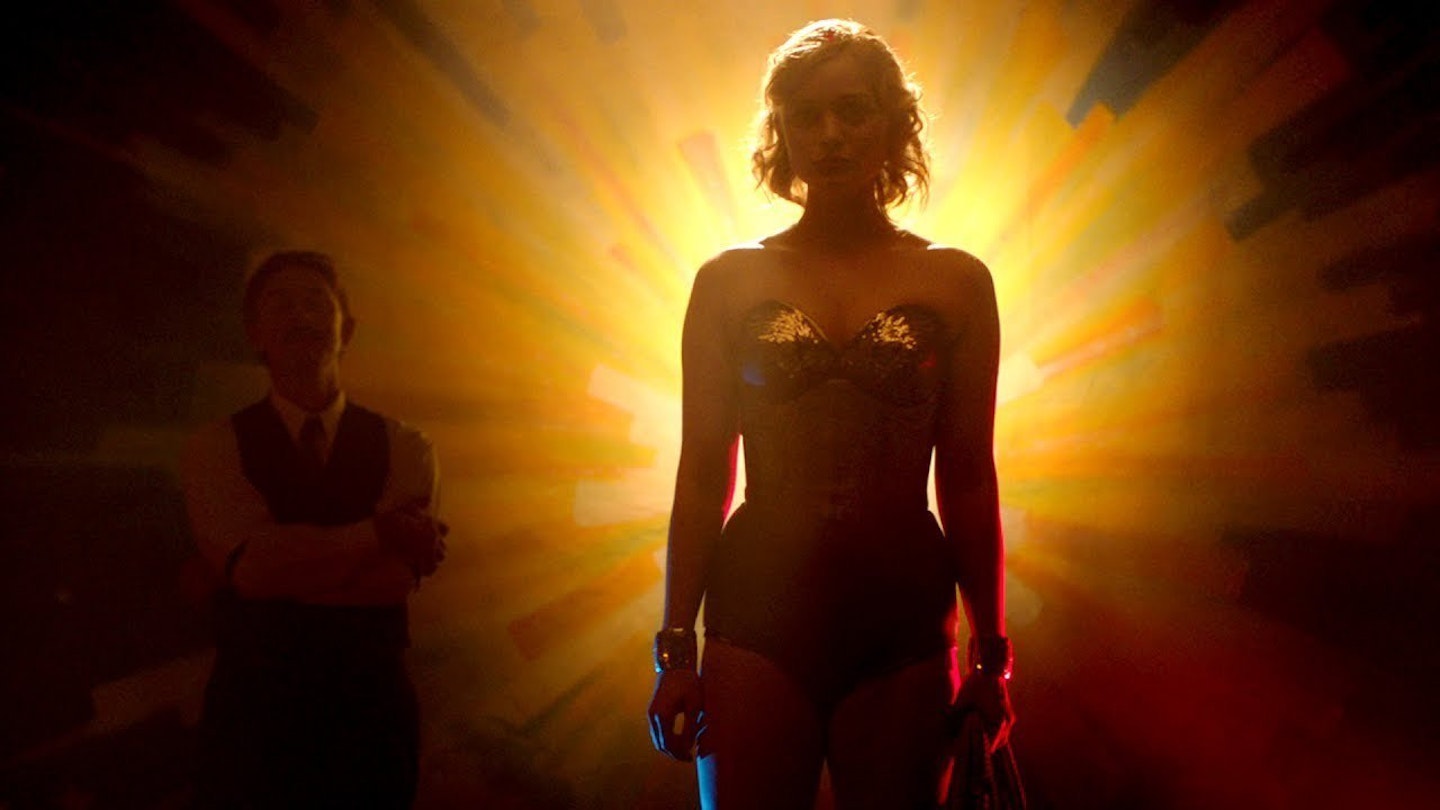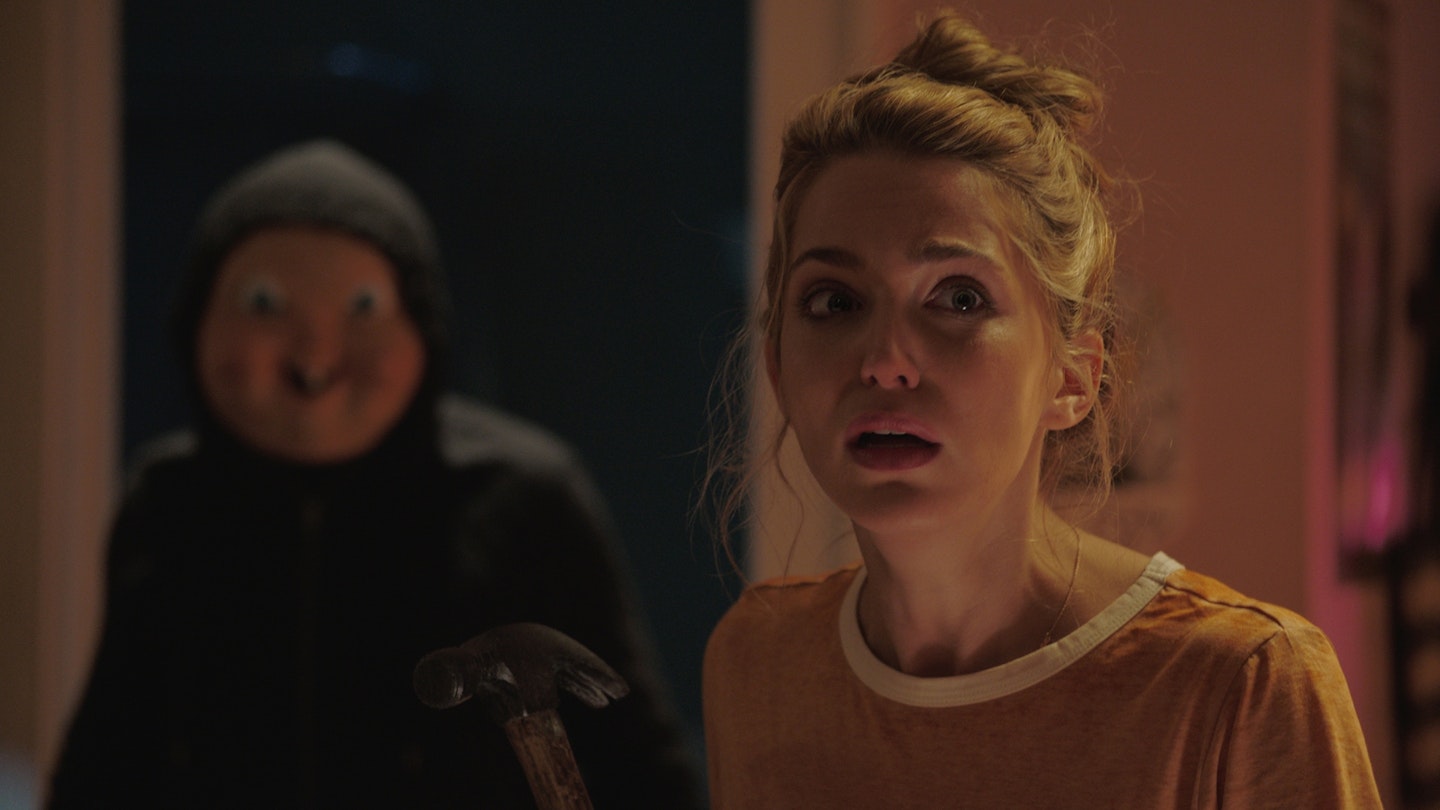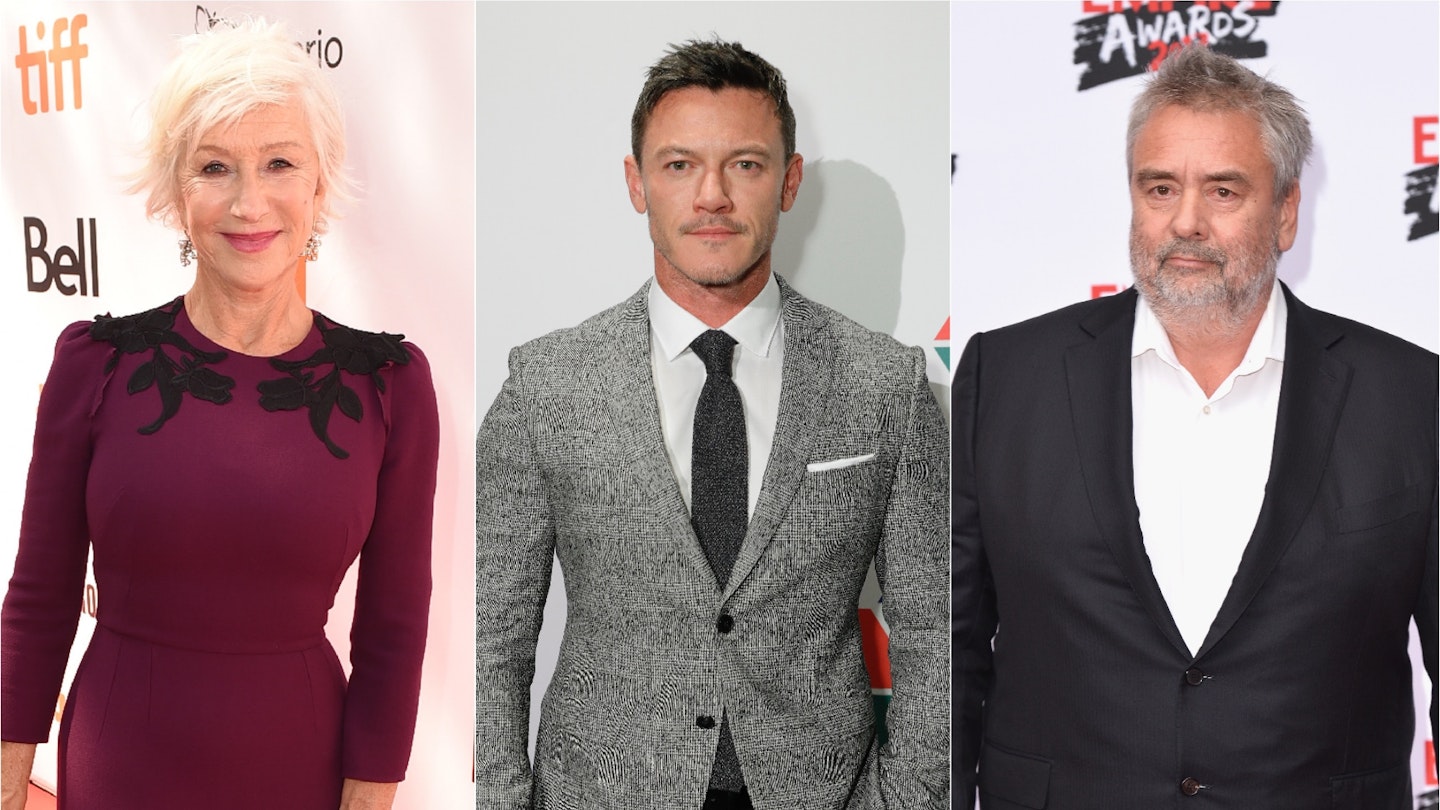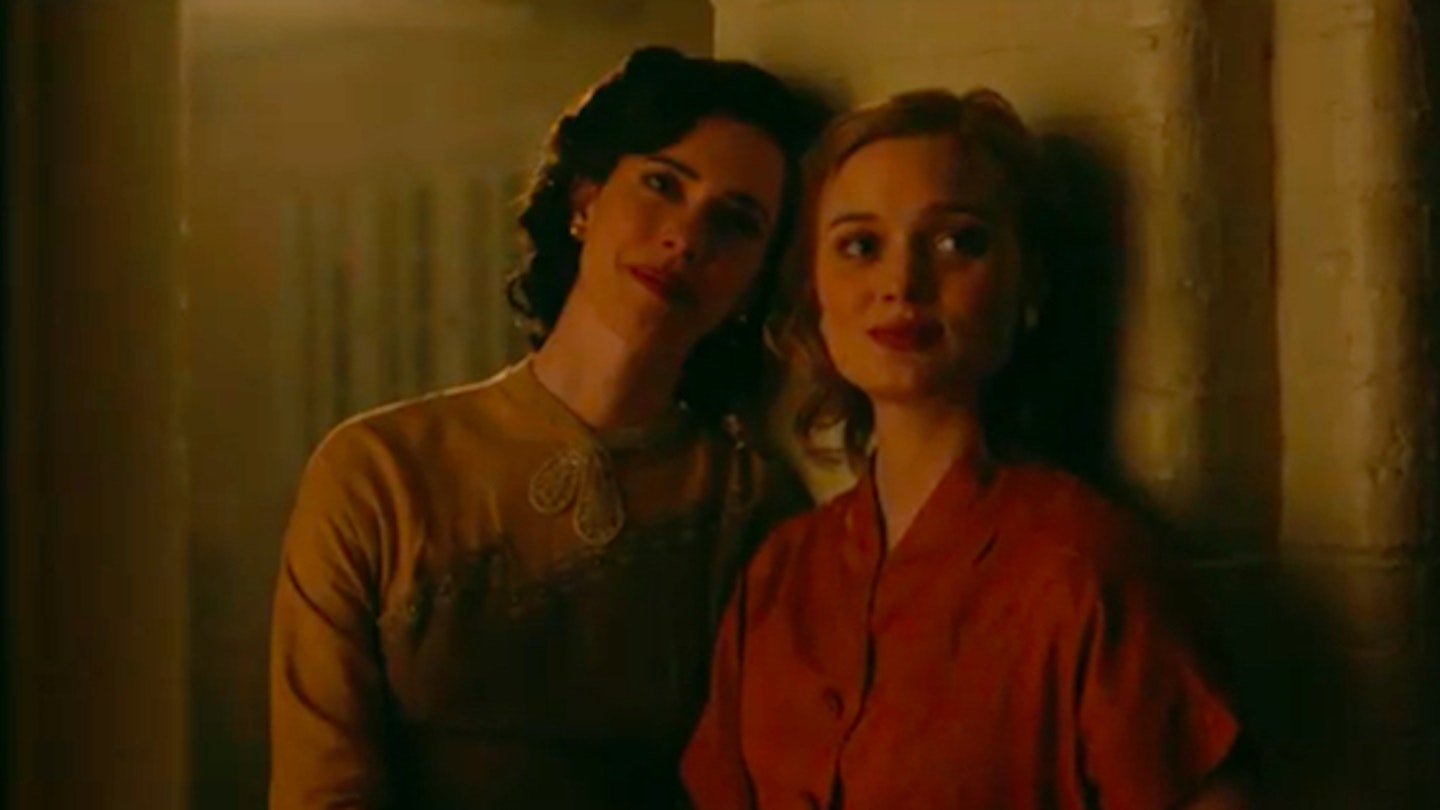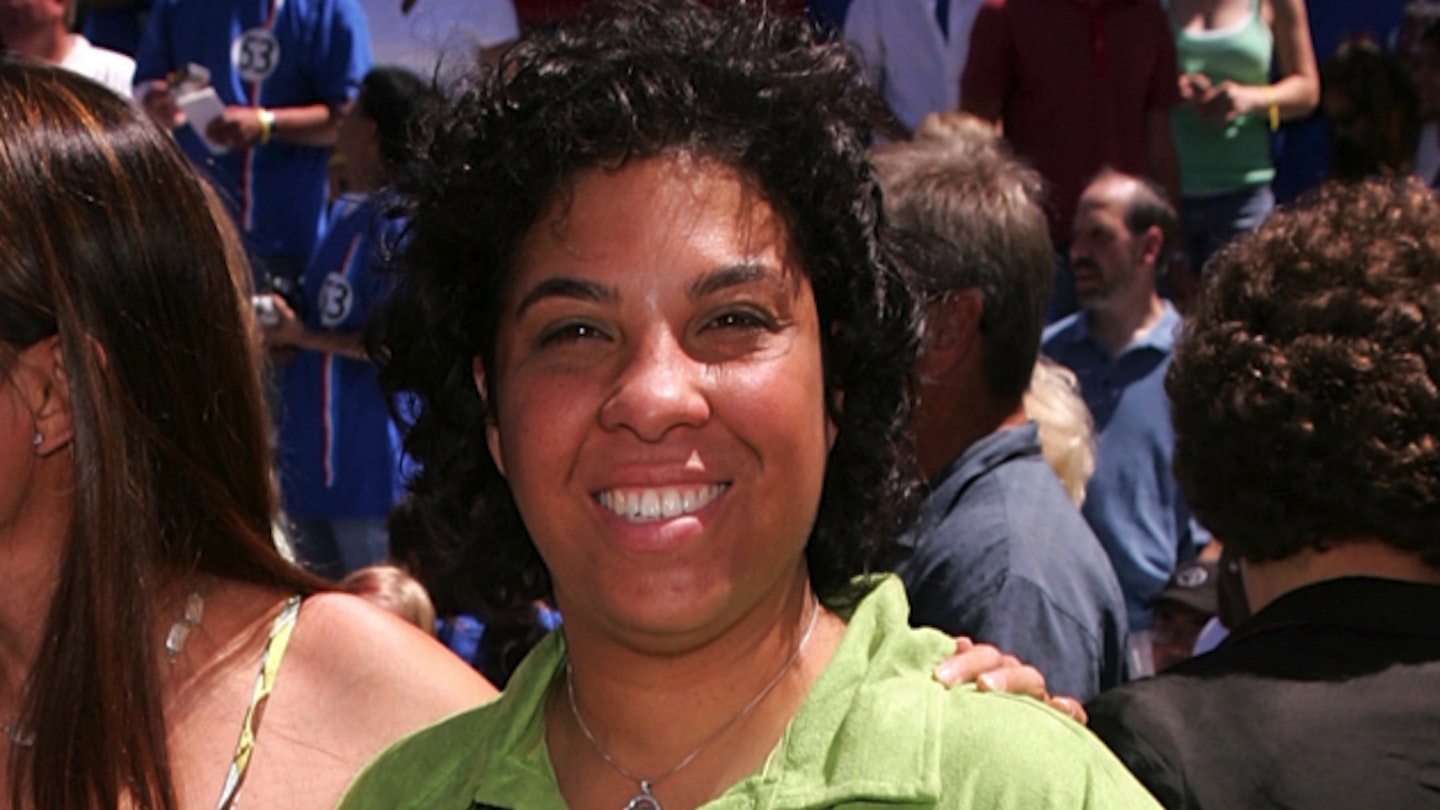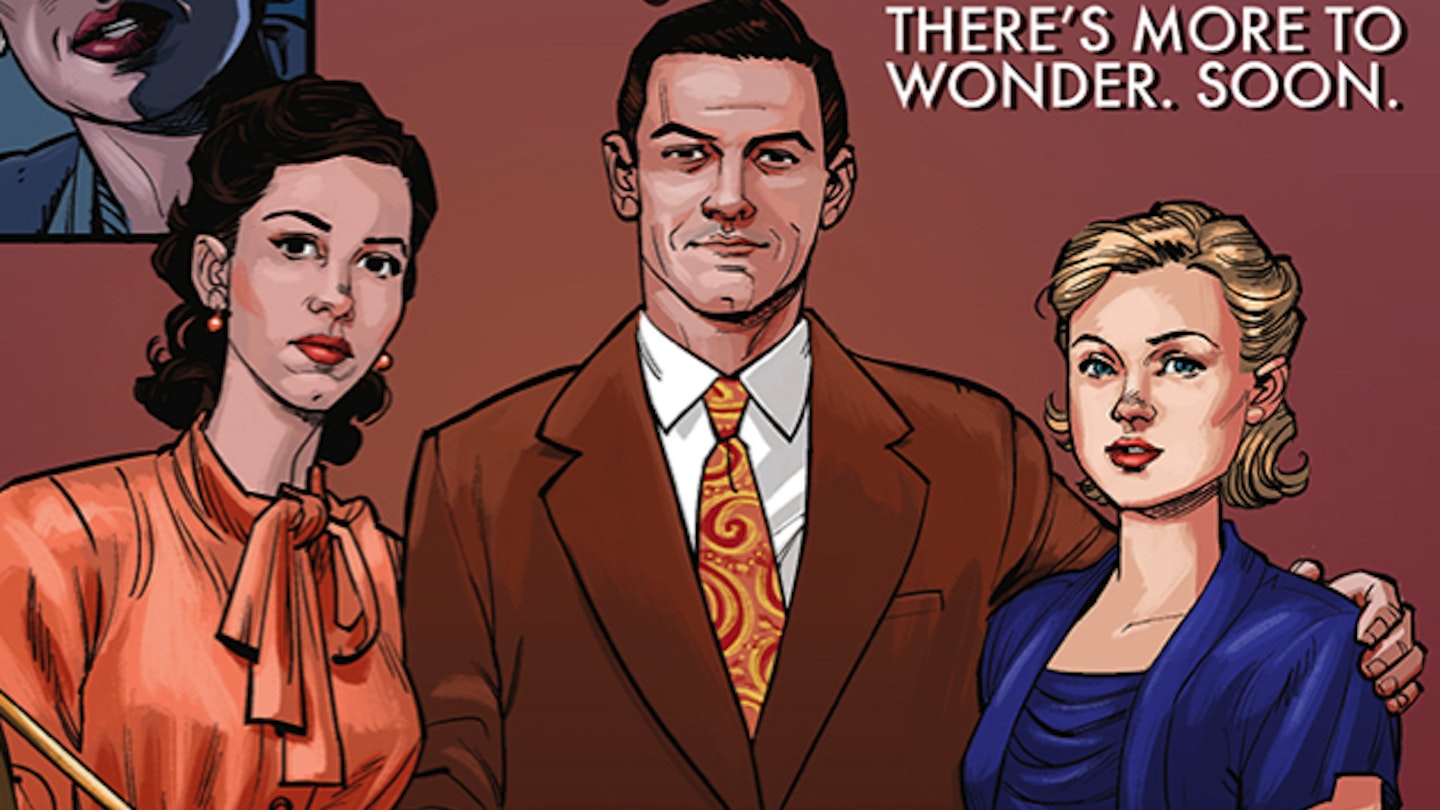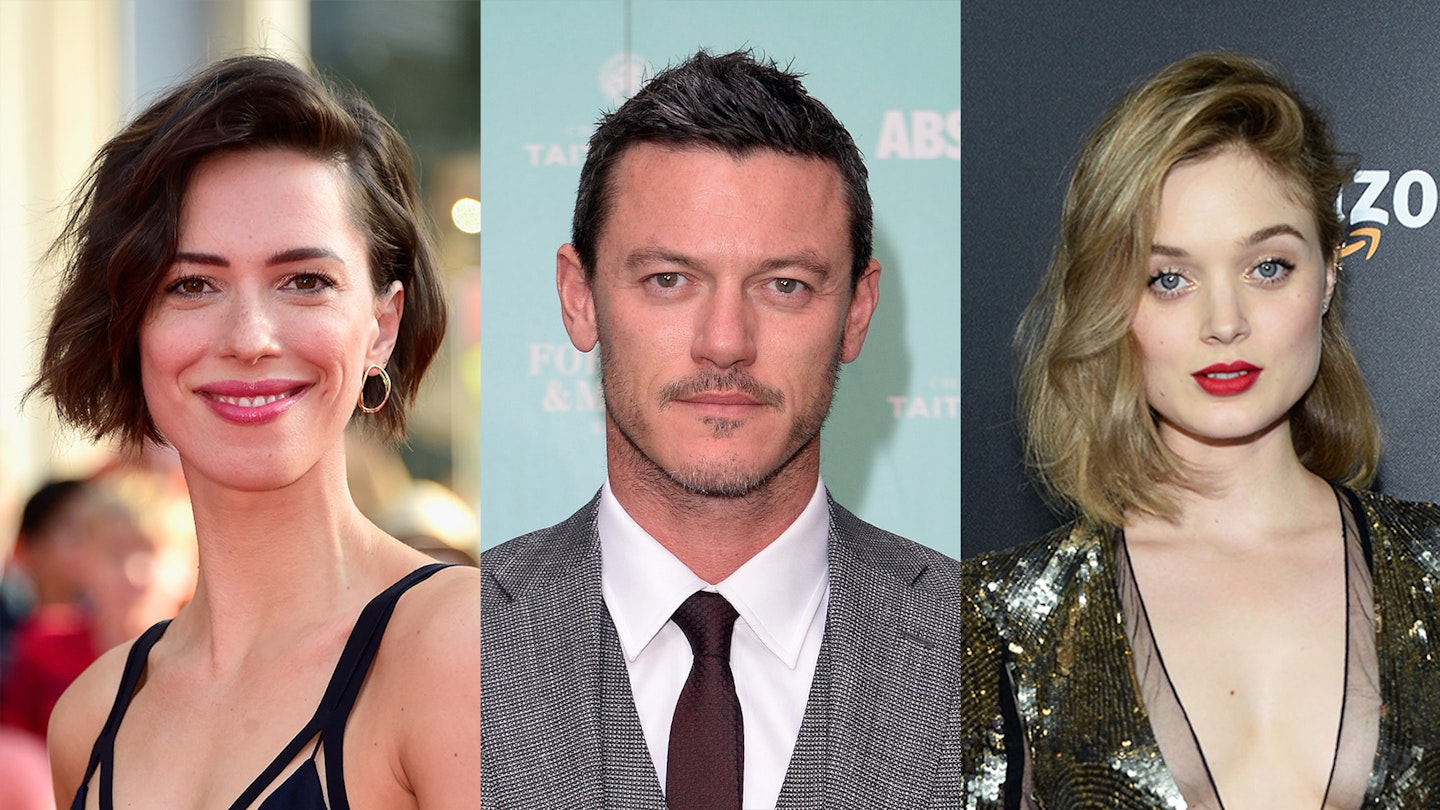Factuality is Wonder Woman’s stock in trade; after all, the superhero’s weapon of choice is a Lasso-Of-Truth, rather than, say, a Rope Of Righteousness or Cable Of Generosity. So it’s disappointing to find this tale of the character’s creation, purportedly based on real-life events, ringing so false. On paper it sounds like a bold, weird and compelling subject matter for a movie: the secret life of academic-turned-comic-book writer William Moulton Marston, who had a long-time polyamorous relationship with his wife Elizabeth and their student Olive. But on screen it plays out like watered-down Hallmark Channel pabulum, all sun-dappled close-ups and endless tinkly piano. And given that many of the film’s big moments were invented for the sake of drama, as director Angela Robinson herself admits, it makes it all the more mystifying why the story doesn’t have more gripping twists and turns.
The lesser of 2017’s two Wonder Woman movies.
It starts wholesomely enough: in a 1920s lecture room, Professor Marston (Evans) lays out his theories on submission and domination, while his wife Elizabeth (Hall), an academic powerhouse herself who is constrained by the fact she’s a woman, stands to the side watching. But soon the married pair are embroiled in a most unconventional dynamic with their young, inexperienced research assistant Olive (Heathcote). As the three-sided relationship deepens and becomes physical, it’s tested both from within and without; suffice to say, their Ivy League higher-ups don’t react well to adventurous sexuality. A series of flash-forwards contrast, rather crudely, the bright colours of Marston’s free-thinking classroom with a dark chamber in which he’s grilled by a conservative panel.
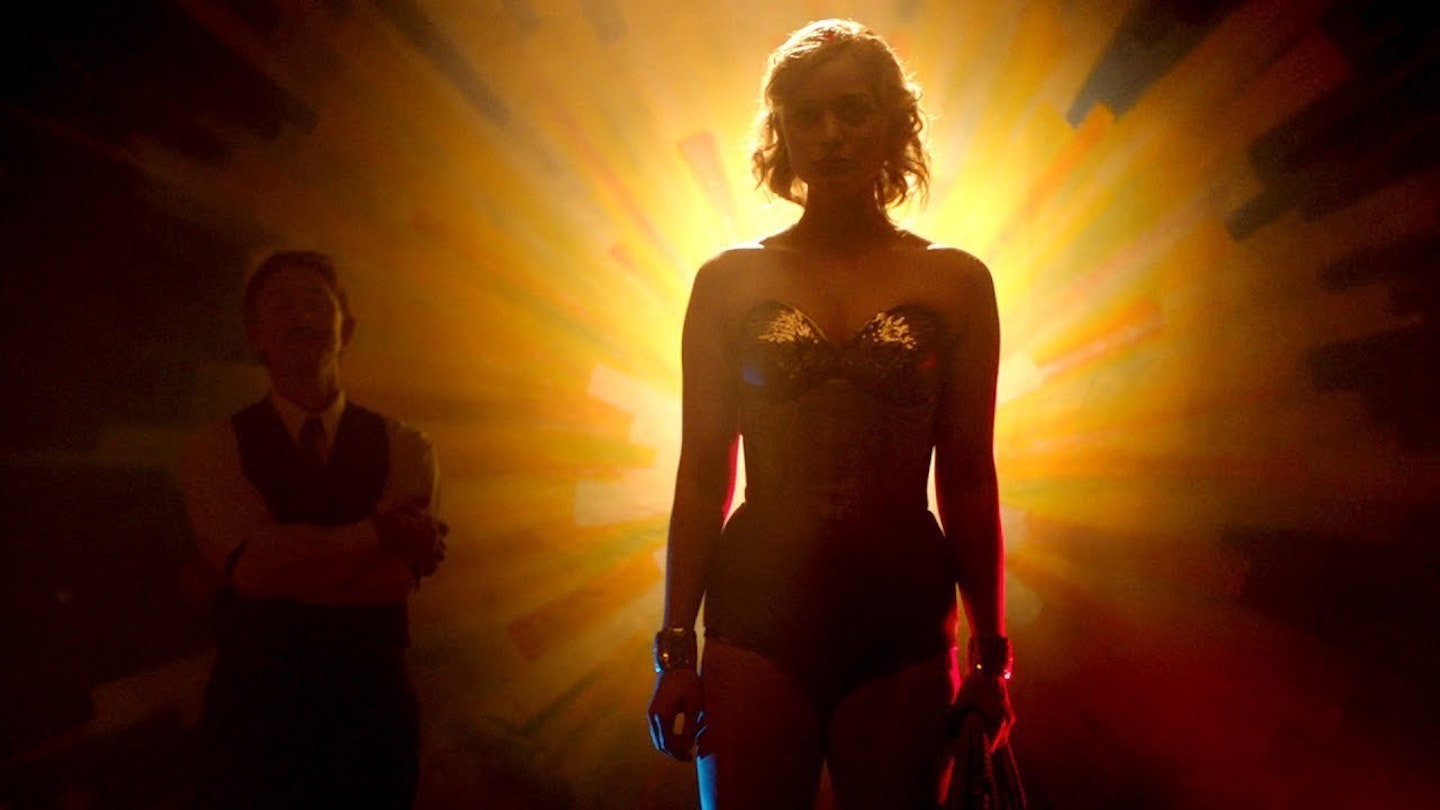
Director Angela Robinson is to be applauded for taking on such envelope-pushing subjects. Previously, she directed D.E.B.S., a lesbian spin on Charlie’s Angels, and episodes of The L Word, so Professor Marston And The Wonder Women’s themes are clearly close to her heart. There’s something off-puttingly polished about the action, though, which stops the characters from ever feeling truly real. Even the film’s big sex scene is an overly stylised, soft-focus affair, with the trio donning drama-department costumes and pulling poses as a bland cover of Nina Simone’s Feeling Good plays.
At least the performances are strong. Hall is the most nuanced as the steely, complicated Elizabeth, who tells her husband, “I’m your wife, not your jailer,” then almost immediately informs their new student she’s not to get involved with him (she actually says, “Don’t fuck my husband”). Heathcote and Evans’ characters are a little less three-dimensional, but the stars still tackle their big scenes with gusto, even when things get silly, as they do in a late sequence involving a prototype Wonder Woman costume which falls somewhat short of the import it’s straining for.
Altogether, it’s an ode to blazing one’s own trail which follows the safest path imaginable. On the plus side, while Wonder Woman got beaten in the race to the big screen by Batman and Superman decades ago, there’s yet to be a prestige drama about the creation of either of those super-dudes. Progress, of sorts.
